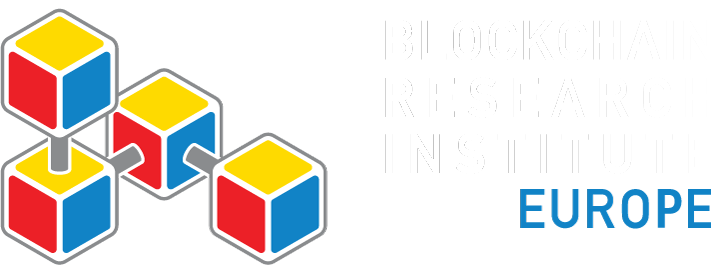Reclaiming Medication on the Blockchain
Report Overview
Author: Anna Hermansen
Release Date: March 31, 2020
Abstract:
The RemediChain project has emerged as a blockchain-based national database that collects drug waste data and supports the redistribution of safe, unused drugs and the safe destruction of expired or spoiled medication. The platform—a hybrid of Enterprise Ethereum incorporating Hyperledger Besu client and Istanbul Byzantine fault tolerant 2.0 with a proof-of-authority consensus mechanism—checks the quality of donations and tracks their provenance from source to destination, either to patients or to government-approved incinerators. This research explores the opportunities and implementation challenges of such a solution for stakeholders.
